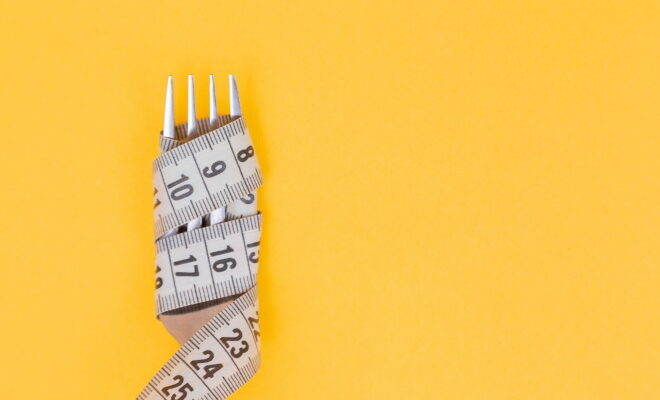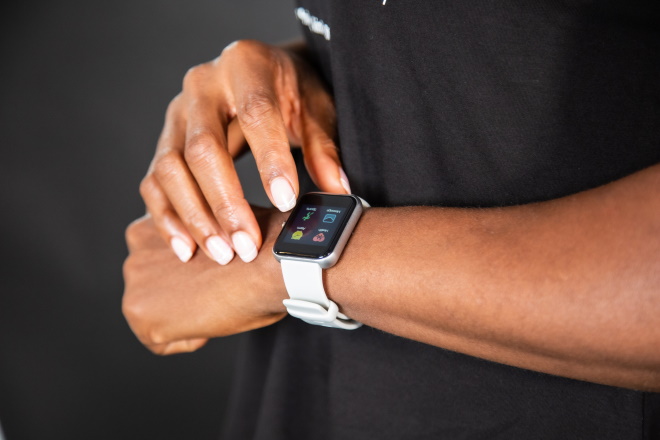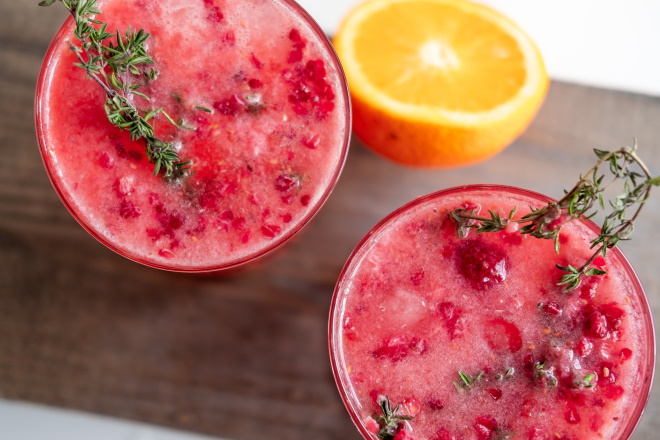
Health x Wellness
5 Ways to Burn Calories Without Sweating
Weight is often one of the most common concerns after the festive period. Are there ways to shed off the extra kilos or even just to contour the bulges without sweating?
Extra calories piled on can take its toll in the form of tighter fitting clothes and bulges along the body contour. Losing these extra measurements can be a sweaty affair in our climate; and, sweating is merely a way of our bodies regulating our temperatures, but itself does not burn a measurable amount of calories.
Weight loss via sweating is a temporary loss – by losing water weight.
Below are 5 ways to reduce or lose fat without breaking a sweat.
Making tweaks in your diet
Flat bellies and slimmer thighs start in the kitchen. While an active lifestyle is an important part of staying healthy and maintaining an ideal weight, the right food choices can help us shed pounds without as much effort as performing a squat or running a 10k.
NO, it does not mean crash-dieting.
Choosing a protein and fibre-rich breakfast can help keep us full and stop us from reaching for that unhealthy mid-morning snacks. Also, have you thought of how many meals that cup of bubble tea or syruped coffee accounts for? Try swapping out your boba for healthier alternatives like aloe vera or konjac jelly, and go for brewed tea rather than milk tea (the creamer used to concoct the milky tea we like is made of sugar, vegetable oil and milk protein derivatives which do and will pile on the hidden calories).
Just as we do spring-cleaning before the festive periods, we should “spring-clean” our diets once in a while to weed out unhealthy options or food habits we have developed over the years.
Choosing activity over convenience
Think about the times we have chosen a sedentary over the active option in our daily activities – the time when you took a lift to go up 1 level instead of the stairs; the time you booked a private hire car instead of walking to the bus stop; the time when you used a trolley instead of a basket in the supermarket; or the time when you bought your dress browsing your phone in your bed instead of hitting the streets and strolling past the shops.
We are faced with many choices in our daily lives, one of which would have given us an extra 100 calories of activity, which does not necessarily mean sweating it out. By not choosing the sedentary option, we increase our daily calorific requirement.

For example, every step climbed helps us burn about 0.17 calories (on average), while house chores can help take off about 120 calories/ 30 minutes on average. So, the next time you are faced with a choice, choose the option that involves a little more activity – the pounds will start shedding off before you know it.
Bring a bottle of water with you
In our urban lifestyles, staying hydrated is often not the top of our priorities. How often do we remember to bring a bottle of water out with us? When we get thirsty and do not have water with us, we often head over to the nearest store, and the go-to beverage is often bubble tea, soda, juice but NEVER water.

Not only do calories from these sweetened beverages pile up, our metabolic rate actually drops when we are dehydrated. Drinking water throughout the day can actually increase our metabolic rates by about 30 percent. The next time you leave the house, remember to bring along that water bottle of yours and do not forget to hydrate throughout the day.
Stop burning that midnight oil
Staying up late at night can hamper our efforts in shedding those pounds off. Sleep can really affect our weights. When we lack sleep, we are actually cooking up a perfect recipe for weight gain. Lack of sleep dulls activity in our frontal lobe, the centre for decision-making and impulse – which in turn makes us more likely to snack, skip exercise, choose unhealthy dinners. When we are tired, our brains’ reward centers also become hyperactive and make us more likely to indulge in sweet desserts, that late night snack or even a larger portion of dinner. And indeed, studies all over the world have showed that lack of sleep is associated closely with weight gain.
But, it does not just stop there.
When we have insufficient sleep, the stress hormone cortisol spikes and triggers our bodies to conserve energy which drops our basal metabolic rate. In essence. Sleep deprivation makes us “metabolically groggy” and makes us less efficient at burning off that pound of fat. Aim for between 7 and 9 hours of sleep a day.
Weight loss medications
Weight loss medications are certainly not for everyone. They are indicated for use in people who are obese (body mass index [BMI] ≥ 30). These medications might also be helpful for people who are overweight (BMI ≥ 27) and who also have other health conditions such as diabetes, high cholesterol, heart disease, high blood pressure, or obstructive sleep apnea.
There are a variety of weight loss medications, each with its distinct mechanism of action.
Some medications work by decreasing appetite, some work by increasing feelings of fullness, and some do both. Some work by blocking absorption of specific macronutrients such as fat.
Phentermine is a typical appetite suppressant and can also increase your metabolism. Liraglutide is a type 2 diabetes drug that mimics a satiety hormone to signal to your brain that you are already full. Orlistat is a medication that blocks the patient’s body from absorbing a portion of the ingested fats. Some combination medicines such as a combination of Naltrexone and Bupropion in an extended release formulation block certain signaling pathways in your body and this can result in feelings of fullness and increased metabolism.
Each medication has its own list of side effects, but the more common side effects we see include nausea, constipation, diarrhea, headaches, lethargy, dry mouth or insomnia – to name a few. Your doctor is in the best position to choose the medications for you and if needed, to change you to a different one should there be significant side effects.
Speak to your doctor to find out if you are suitable for weight loss medications.
Article contributed by DTAP. Established in 2005, DTAP (Dr. Tan & Partners) clinics, a pioneer of the GP plus, or “General Practice with Special Interest” model in Singapore, provides holistic and comprehensive medical care for everyone. They provide basic GP services with a key focus in HIV & STD testing and management, Men’s Health (Andrology), Women’s Health, Aesthetics, and Chronic Disease Management services. DTAP clinics are located in Singapore and Malaysia, and DTAP Express is the first clinic in Singapore with express self-testing kits for STD. “DTAP to Home” is an extension of DTAP Teleconsult and DTAP Delivery for medications, supplements and health aid services.
Photo by Diana Polekhina on Unsplash









